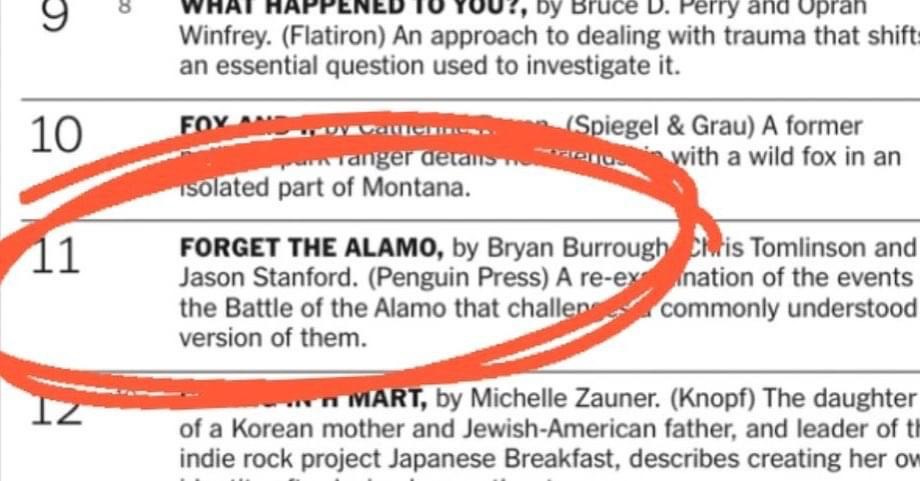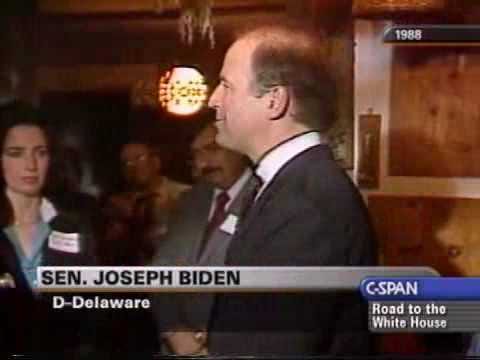So why did they write down Project 2025?
They could have kept the unpopular policy blueprint a secret. Why didn't they?
Welcome to the weekend edition of The Experiment, your official hopepunk newsletter. If you’d like to support my work, become a paid subscriber or check out the options below. But even if you don’t, this bugga free. Thanks for reading!
To be fair, Kamala Harris was just saying out loud what many Republican operatives had been saying privately about Project 2025, the Heritage Foundation’s blueprint for a second Trump administration that became so toxic that Donald Trump himself disavowed it. “I have no idea who is behind it,” he said of the manifesto written by 140 veterans of his administration who laid out plans to do everything from ignoring congressional oversight, circumventing judicial review, and tracking menstrual cycles.
The Heritage Foundation’s new head Kevin Roberts said the goal was “institutionalizing Trumpism,” but most Americans do not like Trump, do not want him to be president again, and do not like his policies to the extent that his rantings and vendettas can be called policies. And with an election coming up, putting plans out there that most people don’t want seems like an odd way to go about getting votes, which begs the question Harris asks when she talks about Project 2025:
“Can you believe they put that thing in writing?”
That’s a rhetorical question, of course, meant to emphasize the fringy, fever-dream extremism of the proposals and mock the professional incompetence that fairly characterizes Trumpism.
But underneath that performative question still begs a serious one directed not at a partisan crowd but at Kevin Roberts, the man behind the plan: My dude, why? We expect the banality of evil but not the bumbling. Recent reports that Roberts once offhandedly admitted to killing a neighborhood dog with a shovel because it was barking too much make more sense than publishing Project 2025.
Only part of this can be laid at the truism of campaigns that they reflect the nature of the candidate. Trump is diapered waddle of blundering fascism, and Project 2025 is a 922-page expression of his style of leadership, every page an ill-advised banger. But even Trump knew enough to distance himself from Project 2025.
We expect the banality of evil but not the bumbling.
I think the real fault here might be bubbles, and to explain this I’m going to have to tell you about my experience with Kevin Roberts’ penchant for stepping on rakes in public and why I credit him with making me a New York Times bestselling co-author.
When Penguin published Forget the Alamo: The Rise and Fall of an American Myth in June 2021, my co-authors Bryan Burrough, Chris Tomlinson and I got great press, even better reviews, and some sales. But other than the state Republican Chairman attacking us as “nefarious cancel culture cretins,” we hadn’t generated the controversy or conversation to break out of our publishing bubble to reach a broader audience. We had one Zoom event on July 1 with the Bob Bullock State History Museum left on our pandemic-era, virtual book tour; after that, we expected our book to live out its days in the remainder bin.
That would have been the last anyone had heard of our book if not for Kevin Roberts. “A travesty that @BullockMuseum would use taxpayer $ to sponsor an event for the trashy non-history book ‘Forget the Alamo,’” posted Kevin Roberts, then the CEO of the rightwing Texas Public Policy Foundation in a since-deleted tweet on June 28. “Texans – and our glorious history – deserve better.”
In his tweet, Roberts tagged the members of the museum’s Preservation Board, including Lt. Gov. Dan Patrick, who called the museum the day of our event and told them to cancel the virtual event. Keep in mind, if Roberts and Patrick had left well enough alone, Burrough and Tomlinson1 would have done a Zoom with a few hundred history buffs, and nothing more would have come of it. Our book would have stayed in its bubble, a relatively small one at that.
“the trashy non-history book ‘Forget the Alamo’”
Instead, they did a censorship, and the next day as the story was drawing national and international attention, Patrick claimed credit for the kill on Twitter, sharpening the edge of the story, and Roberts, to his credit, kept writing about our book, stoking the controversy. Suddenly, instead of immediately fading away, Forget the Alamo became a bigger cultural event than it ever would have. That week, Amazon sold out of our book, and the hardback went into a third printing. Years later, politicians are now using “Forget the Alamo” as a shorthand for the non-mythological take on Texas history, and two years after its publication, a state senator referred to our “despicable book” in a fight with the state historian.
Oh, and we made the New York Times bestseller list, all thanks to pressure Roberts inadvisedly put on Patrick and others to censor our book.
Roberts is not a stupid man. He just plays one in politics. The reason he caused fortune to pour down on our little book is because he was in a bubble of his own. Inside his world, attacking us is good politics, and the fact that the broader culture exists in conflict with his political bubble accrued to our benefit without ever threatening his position. A big part of this is because Democrats haven’t won a statewide election in Texas since before my adult children were born. In Texas, Roberts just had to worry about his right flank while laying waste to what passes for moderation here.
Then, in October 2021, Mr. Roberts went to Washington to become president of the Heritage Foundation. Roberts did not modulate his message in interviews, promising a “second American revolution” that would be bloodless “if the left allows it to be.” In a Q&A with the New York Times Magazine, Roberts defined his job as “institutionalizing Trumpism” and said this about Project 2025:
It’s a presidential-transition project... But the point is to hasten the hiring of aligned personnel and hasten the implementation of conservative policy. And that includes hastening the overturning, via executive order, of what we believe are wrong policies of the current administration.
And by tying themselves not to conservative ideas but to the person of Trump, Roberts committed the same mistake with his book that he did with ours: He got it out of his political bubble and dragged it into a clearing where the entire culture could get its hooks into it.
And unlike with our book, this time the culture was not a fan. As Politico Magazine pointed out, Project 2025 “became quite possibly the first think tank paper in American history to appear in TV spots during NFL games.” An NBC News poll found that 51% of registered voters in America feel “very negatively” about Project 2025, which is the most Americans have ever cared one way or the other about a policy book.
If Republicans are looking for someone to blame for Project 2025, they need to look no further than the enduring political bubble they created in Texas. For more than a generation Texas has existed as an adult day care for the likes of Patrick, Ted Cruz, and Ken Paxton where people such as Kevin Roberts were coddled into thinking that their reactionary hooliganism was acceptable. Things might be changing here— Cruz is trying to pass himself as a moderate in an increasingly tight re-election campaign—but for me, it’s just gratifying to see Americans care so deeply about a book, even if it’s not mine.
Jason Stanford is a co-author of NYT-best selling Forget the Alamo: The Rise and Fall of an American Myth. His bylines have appeared in the Washington Post, Time, and Texas Monthly, among others. Follow him on Threads at @jasonstanford, or email him at jason31170@gmail.com.
Further Reading
Dear Dan Patrick
We set up a merch table in the back where you can get T-shirts, coffee mugs, and even tote bags now. Show the world that you’re part of The Experiment.
Buy the book Texas Lt. Gov. Dan Patrick banned from the Bullock Texas History Museum: Forget the Alamo: The Rise and Fall of the American Myth by Bryan Burrough, Chris Tomlinson, and myself is out from Penguin Random House. The New York Times bestseller is out in paperback now!
I was working that night.











I take so much pleasure as a docent at the Susanna Dickinson Museum recommending your excellent book to all visitors. Thank you for writing it.
The warning about Project 2025 is invaluable. However, there is no lifting of any of the contents of the publication to demonstrate exactly what is harmful.
It's similar to warning that Mein Kamph by Adolph Hitler represented a grave danger to society but omitting to reveal specifics.